Environmental History
-
 Disastrous Displacements
Disastrous Displacements
Marguerite Nguyen | Oct 21, 2021
From North Vietnam to South Vietnam to Louisiana, Vietnamese in New Orleans have been faced with repeated displacements—which continued due to environmental disasters. -
 Extreme Spaces and New Frontiers
Extreme Spaces and New Frontiers
Rebecca L. West | Sep 13, 2021
Read about the 2021-22 recipients of the J. Franklin Jameson Fellowship in American History, the Fellowship in Aerospace History, and... -
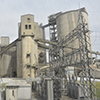 Cement Talks
Cement Talks
Vyta Pivo | Sep 2, 2021
In studying the concrete manufacturing communities of the Lehigh Valley, Vyta Pivo used ethnography to add new layers to her understanding of the worker experience. -
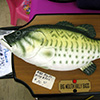 Big Mouth Billy Bass
Big Mouth Billy Bass
Sherri Sheu | Aug 26, 2021
Billy Bass might be considered mere kitsch, but dismissing this singing fish would ignore some critical linkages between culture and environment. -
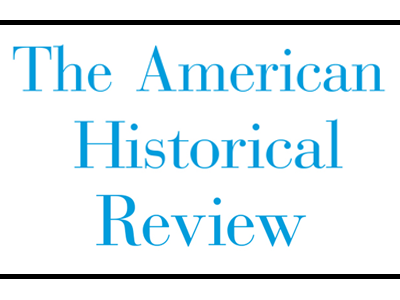 From Water and Radicalism to Archival Friendships
From Water and Radicalism to Archival Friendships
Mark Philip Bradley | Aug 25, 2021
The September issue of the American Historical Review showcases the chronological, methodological, and spatial reach that has become a hallmark... -
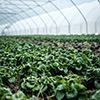 We Are Part of Nature
We Are Part of Nature
Matthew Plishka | Aug 5, 2021
Multispecies political ecology can help environmental historians reveal how nonhuman species can shape the world. -
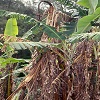 Can Plants Help Us to Understand COVID-19?
Can Plants Help Us to Understand COVID-19?
Matthew Plishka | Jul 12, 2021
Many of the same mistakes and oversights that we see in human disease control today were made in the early 20th-century fight against Panama Disease. -
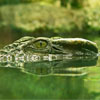 A Crocodile’s Gaze
A Crocodile’s Gaze
Danielle Alesi | Mar 30, 2021
Crocodiles have been our gods, predators, commodities, and pests, and though they inhabited this planet long before us, our histories are intertwined. -
 Grant of the Week: Thoreau Society Fellowships
Grant of the Week: Thoreau Society Fellowships
Karen Lou | Mar 29, 2021
The Thoreau Society is now accepting applications for its 2021 fellowships. -
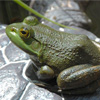 The Japanese Bullfrog
The Japanese Bullfrog
Amy Stanley | Aug 26, 2020
A chance encounter with a bullfrog in Japan made Amy Stanley reflect on her relationship to her research.
More Articles
